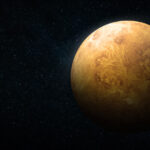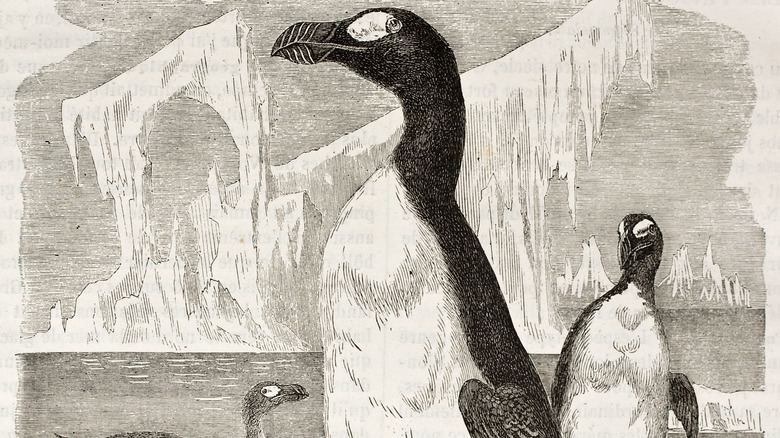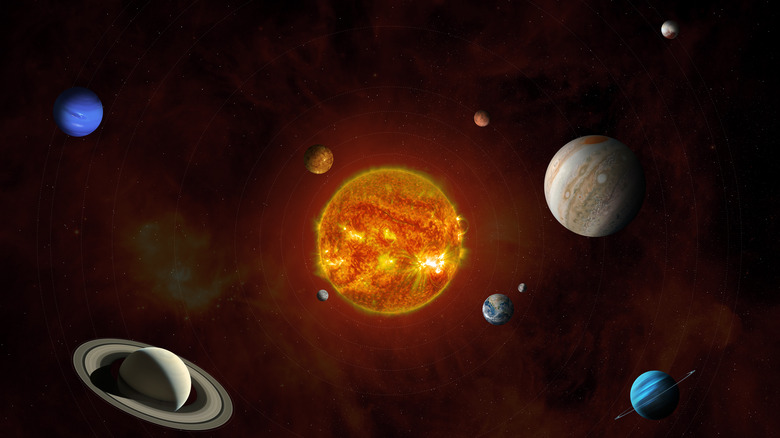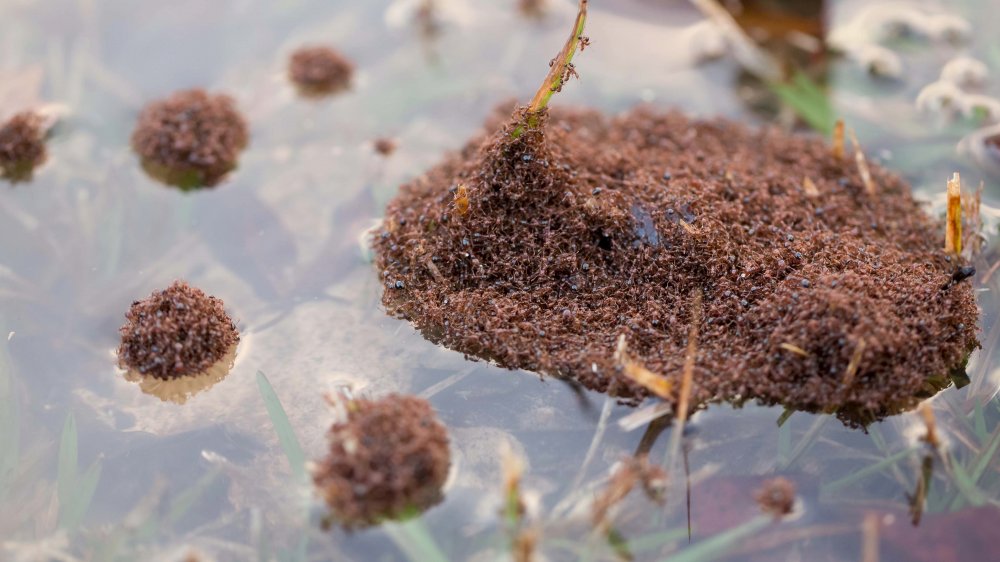
What Science Has Discovered About Venus’ Clouds
Scientists have dashed any possible hope of life in the clouds of Venus. That may seem obvious to an inexperienced observer who may know a few things about the second planet from the sun. Venus, Earth’s nearest planetary neighbor, is, for lack of a better word, a hellscape. The planet has no moons. Its surface is hot enough to melt lead, way beyond oven temperatures, according to NASA. It’s shrouded in a dense atmosphere that’s so thick with carbon dioxide and clouds of sulfuric acid that the sun would hardly be visible from the planet’s surface. That surface, by the way, is nothing but volcanic rock lashed by high temperatures, hurricane force winds, and extreme pressure. No chance of life there at all, period. No further discussion needed (via NASA).
But actually, there’s a lot more to discuss, because last fall researchers discovered phosphine, also called hydrogen phosphine, in the Venusian atmosphere, leading to exciting speculation that the planet’s clouds could possibly support microbial life (via Chemical & Engineering News). That’s because phosphine, generally an extremely toxic gas made up of phosphorus and hydrogen, according to Britannica, is linked to living microbes on Earth. Scientists therefore theorized that microorganisms living in Venus’ thick clouds could be producing the phosphines.
No chance of life in the clouds of Venus
A recent study published in the journal Nature Astronomy, however, found there’s simply not enough water in the atmosphere to support even the hardiest of organisms that can survive in extreme conditions on Earth.
After sending several probes through the Venusian atmosphere, scientists concluded there is no chance of any living organisms in Venus’ clouds. “When we looked at the effective concentration of water molecules in those clouds, we found it was a hundred times too low for even the most resilient Earth organisms to survive,” lead study author and microbiologist John Hallsworth said at a news conference (via Space).
Microorganisms can thrive in tiny droplets of water with the right temperatures, Hallsworth said. But the data from the probes reveals no chance of life in the clouds of Venus. “Living systems, including microorganisms, are composed mainly of water and without being hydrated, they can’t be active and are unable to proliferate,” he said.
73 thoughts on “What Science Has Discovered About Venus’ Clouds”
Leave a Reply
You must be logged in to post a comment.

How The Original NES Almost Never Made It To The US

The Mysterious Death Of Conspiracy Theorist Max Spiers

The Real Reason The Great Auk Penguin Went Extinct

Lucille Ball Was The First Woman To Ever Do This In Hollywood

The Truth About Deborah The Judge In The Bible

The Dark Origins Of The Jack And Jill Nursery Rhyme

Everything We Know About Serial Killer Gary Ridgway's Third Wife

The Scary Weapon People Can Create With 3D Printers

How Many Victims Did 'Gorilla Man' Earle Nelson Have?

The Real Reason Tsunamis Occur
























I think this web site has some really good info for everyone. “The foundation of every state is the education of its youth.” by Diogenes.